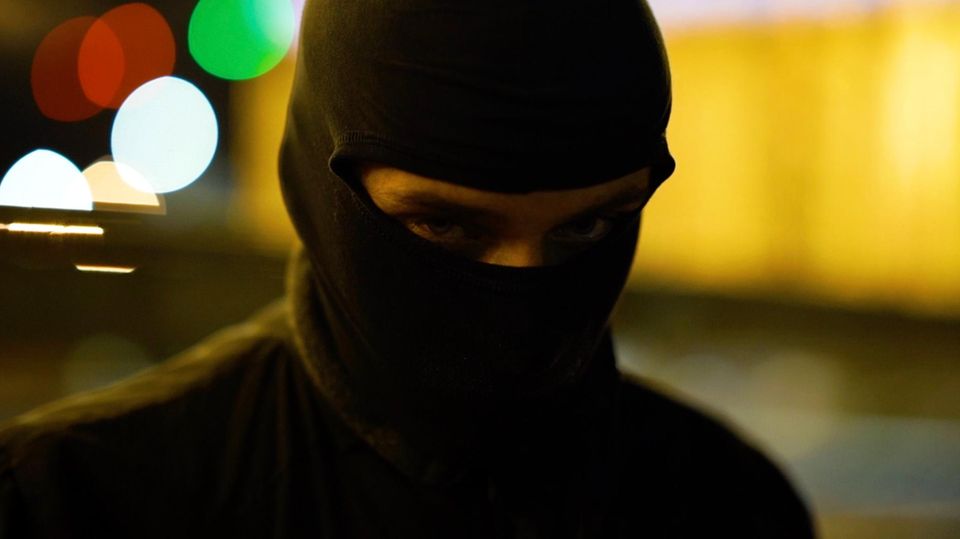Threats, insults, sexualization
Police are taking action against misogyny online: searches in eleven federal states
Many women have been threatened, insulted or unwantedly sexualized online
© Dobrila Vignjevic/Getty Images
Misogyny on the internet is not a fringe phenomenon. Surveys show that 70 percent of women and girls have experienced insults, threats or worse. Investigators have now moved in on the suspected authors of these comments.
The Central Office for Combating Internet Crime (ZIT) of the Frankfurt Public Prosecutor’s Office, the Federal Criminal Police Office (BKA) and other federal law enforcement authorities were involved. Federal Interior Minister Nancy Faeser (SPD) spoke of a “clear announcement”. Anyone who insults and defames women online, “anyone who spreads misogyny in a disgusting, sexualized manner, including rape fantasies, must be held criminally responsible,” explained the minister.
General hatred of women can be viewed as sedition
According to the BKA, the measures affected were Baden-Württemberg, Bavaria, Brandenburg, Bremen, Hesse, Hamburg, Lower Saxony, North Rhine-Westphalia, Saxony, Saxony-Anhalt and Schleswig-Holstein. The day of action is part of the “Combating Misogyny on the Internet” project, which has been running since 2022. This would determine the scope, criminal liability and relevance for state protection of such postings and also examine potential connections to political extremism. On this basis, investigations into digital hate crimes to the detriment of women would also be initiated, it said.
The BKA specifically searched for such posts with criminal relevance on online platforms, followed by a preliminary criminal law assessment by the ZIT. After the alleged authors had been identified, they were forwarded to the respective public prosecutor’s offices in the federal states in order to decide on possible investigations.

The basis for the initiative is a ruling by the Cologne Higher Regional Court, in which it was confirmed that general denigrations of women can be punishable as incitement to hatred (ref. 1 RVs 77/20). The various manifestations of misogyny on the Internet that ZIT and BKA identified included postings in which women were sexually slandered and insulted or publicly asked to send nude photos. The authorities also discovered posts advocating rape or sexual assault or even videos of torture and killings being publicly distributed.
Faeser explained: “Women and girls in particular are victims of hate crime and bullying online at an above-average rate. We need very clear stop signs here. Misogynistic hate crime must lead to charges and convictions, and the word should get around.” If the police are at the door, that is a very effective signal.
Further sources: Hateaid

